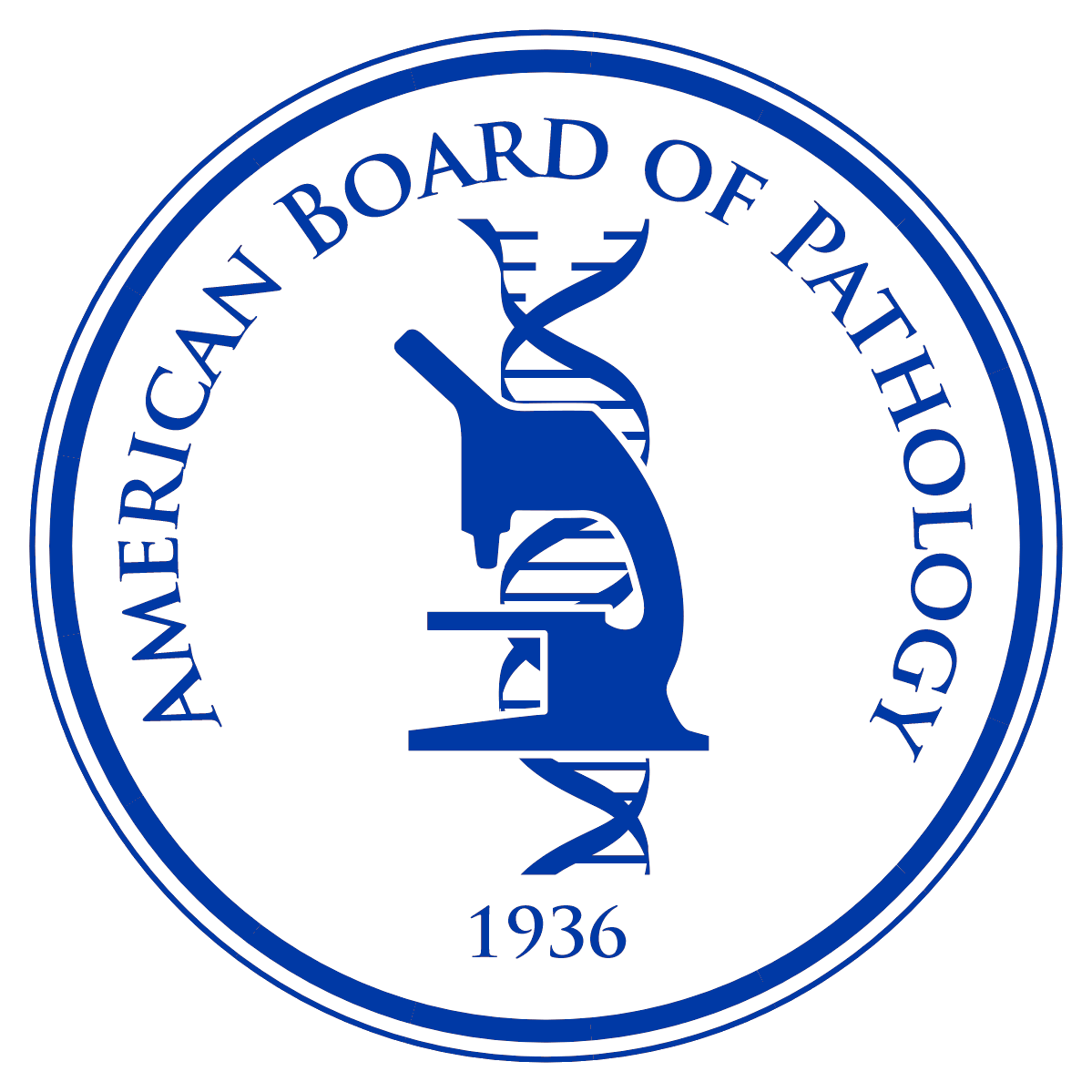Professionalism and Professional Standing

New Diplomates
Reporting
Assessment
CME
CC Booklet of Information
Meeting CC Requirements Late
Certificates
Lapel Pins
Retired Status
Professionalism and Professional Standing
Medical Licensure
Diplomates practicing in the United States or Canada must maintain a full and unrestricted license to practice medicine in at least one jurisdiction of the United States, its territories, or Canada. If a diplomate holds more than one license, licenses for all jurisdictions in which the diplomate currently practices must be full and unrestricted. Diplomates practicing outside the United States or Canada must maintain a full and unrestricted license in the local jurisdiction in which they practice.
Diplomates may be declared ineligible to participate in CC or to take CC assessments due to the revocation, surrender, suspension, probation, or limitation of his/her medical license, provided that diplomates may not be rendered ineligible when:
- any suspension, probation and/or limitation of the diplomate’s license is due to his/her entry into, and successful participation in and/or completion of, a rehabilitation or diversionary program for chemical dependency authorized by the applicable medical licensing authority;
or
- the diplomate voluntarily surrendered or allowed his/her license in a jurisdiction to lapse at a time the diplomate was not practicing in the jurisdiction and did not surrender or allow the license to lapse to avoid disciplinary action by the jurisdiction’s licensing authority;
or
- the licensing authority of a jurisdiction in which the diplomate does not currently practice terminates, suspends, places on probation, or limits the diplomate’s license in that jurisdiction and the licensing authority(ies) of the jurisdiction(s) in which the diplomate currently practices and holds a full and unrestricted license has been fully apprised of the disciplinary actions against the diplomate’s license(s) and/or its surrender, in lieu of disciplinary action, in other jurisdictions.
An English translation must accompany all documents that are written in another language.
Participation in Other CC or MOC Programs
Other ABMS Member Boards
Many ABMS Member Boards have a cooperative approach to certification requirements for diplomates that are participating in more than one Board’s certificate maintenance program. It is suggested that these diplomates contact their ABMS Boards to learn if there is reciprocity for CC requirements.
For diplomates maintaining their primary certification with another ABMS Member Board, ABPath accepts documentation of current participation in lieu of reporting Lifelong Learning & Improving Health and Health Care requirements. Diplomates are required to upload this documentation when submitting their CC reporting forms to ABPath. This does not affect the CC Assessment requirement.
Royal College of Physicians and Surgeons of Canada (RCPSC)
For diplomates participating in MOC with the RCPSC, ABPath accepts documentation of current participation in lieu of reporting Lifelong Learning & Improving Health and Health Care requirements. Diplomates must be living and practicing in Canada to have these requirements waived. This does not affect the CC Assessment requirement.
Evaluations
All diplomates are required to provide peer attestations as to their interpersonal and communication skills, professionalism, ethics, and effectiveness in systems-based practice.
Starting, the second two-year period following CC Program enrollment, each diplomate will be asked to provide ABPath with the names and e-mail addresses of two references who can attest to their ability and effectiveness in practice. This requirement will then repeat every other two-year period. If none of the following reference options are applicable to the diplomate’s practice or position, other references may be substituted with prior ABPath approval on a case-by-case basis.
Reference options are:
- one or two ABPath-certified pathologist(s)
- the Chair of the Credentials Committee (or designate), Chief Medical Officer, Department Head, or Chief of Staff of the primary health care facility where the diplomate practices
- a board-certified physician in another specialty
- a technologist/CLS or pathologists’ assistant
ABPath will provide a secure link to the evaluation forms via email to the diplomate’s references. These secure evaluation forms must be completed and submitted by each reference. It is the responsibility of the diplomate to be sure that this Professionalism requirement is completed. Reporting forms will not be reviewed for approval until all evaluations have been submitted to ABPath.
To Check Evaluation Submission Status
In order to check the status of your evaluations, log into your PATHway account and view the Board Correspondence page. Your references will be listed under the appropriate reporting form’s tracking. If there is a link available to resend the evaluation form next to a reference’s name, then ABPath has not received the evaluation from that reference.
If there is a link available, it may be selected to have a new evaluation form link email sent to the reference. It must be at least 10 business days from the date that the last evaluation form was sent for the resend link to be activated.
To view the email address provided to ABPath, please view the corresponding reporting form on the CC Program page in PATHway. To update, correct, or replace a reference name or e-mail address, please email a request to [email protected]
Substance Abuse or Impairments
A diplomate who, within the last three years, has been diagnosed as chemically dependent, has been treated for drug or other substance abuse, and/or has entered into a rehabilitation or remediation program for drug or other substance abuse will be required to provide ABPath with documentation showing that they have successfully completed a rehabilitation or diversionary program authorized by the applicable medical licensing authority or is successfully enrolled in such a program.
An applicant who has a mental or physical impairment that affects the applicant’s ability to practice safely and effectively will be required to provide medical evidence from the appropriate physicians, treatment centers and hospitals demonstrating to ABPath that the impairment does not compromise the applicant’s ability to practice safely and effectively.
In the case of a private treatment program, the diplomate must show that they have successfully completed or are enrolled in a private treatment program and the responsible program administrators and physician must attest, to the satisfaction of ABPath, that the diplomate has been free of dependency or impairment for a period of time sufficient to establish that the individual is not currently impaired, dependent, or engaged in the use of illegal drugs or other substance abuse and/or that the use of illegal drugs or other substance abuse is not an ongoing problem that impairs the diplomate’s ability to practice safely and effectively.
Medical Staff Privileges
Diplomates must provide ABPath with information regarding medical staff membership and scope of health care organization privileges. If the diplomate’s practice is such that this information is not applicable, then the diplomate may report “Not Applicable”.
Description of Practice
Diplomates must provide ABPath with a brief description of their current scope of practice. The description should include all areas and subspecialties of pathology and medicine that are part of the diplomate’s current practice.

